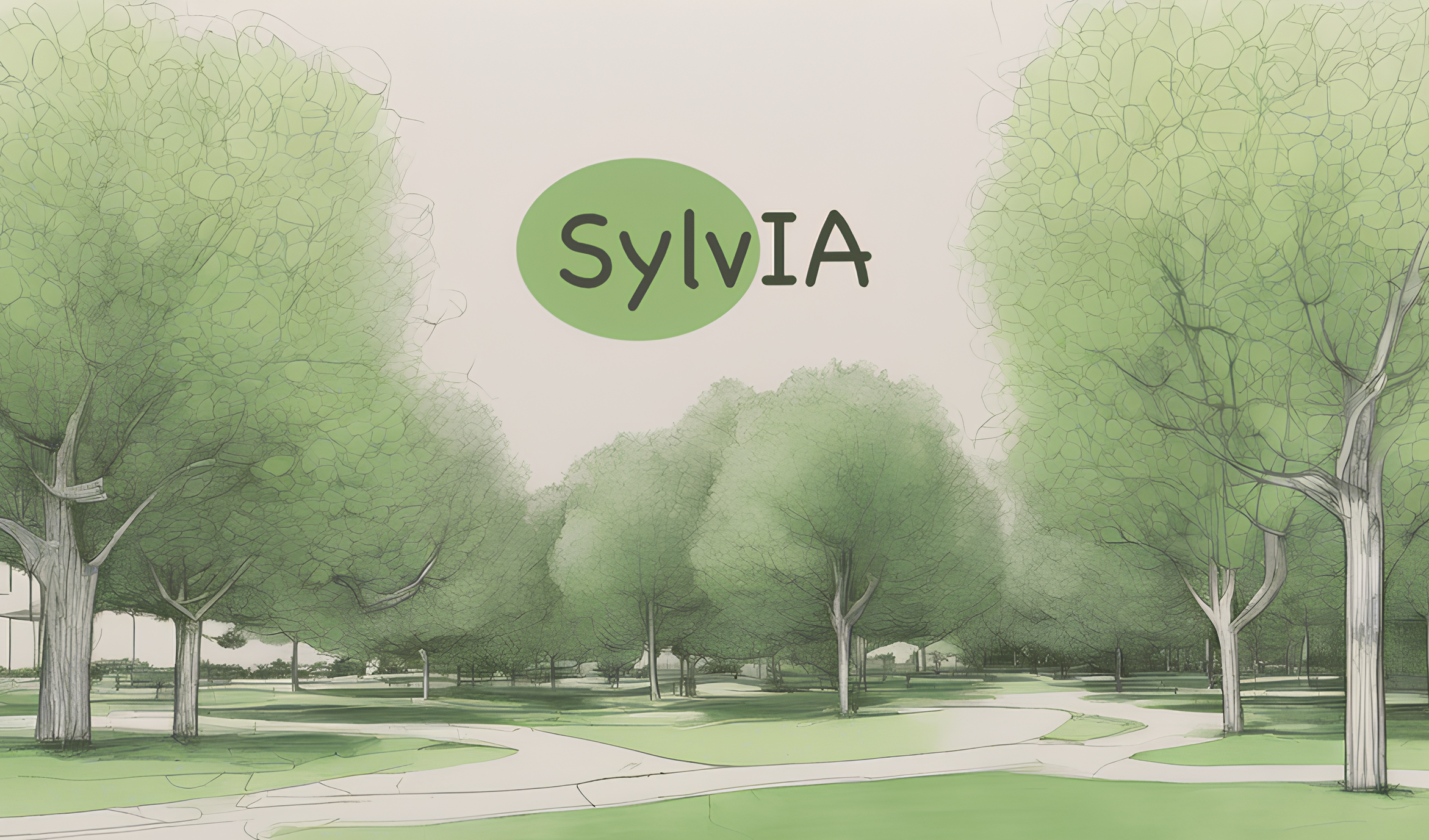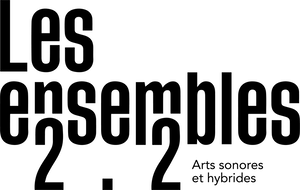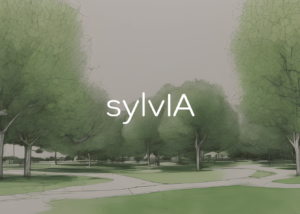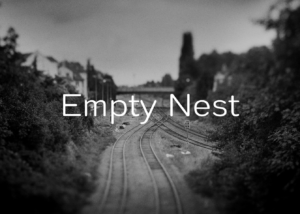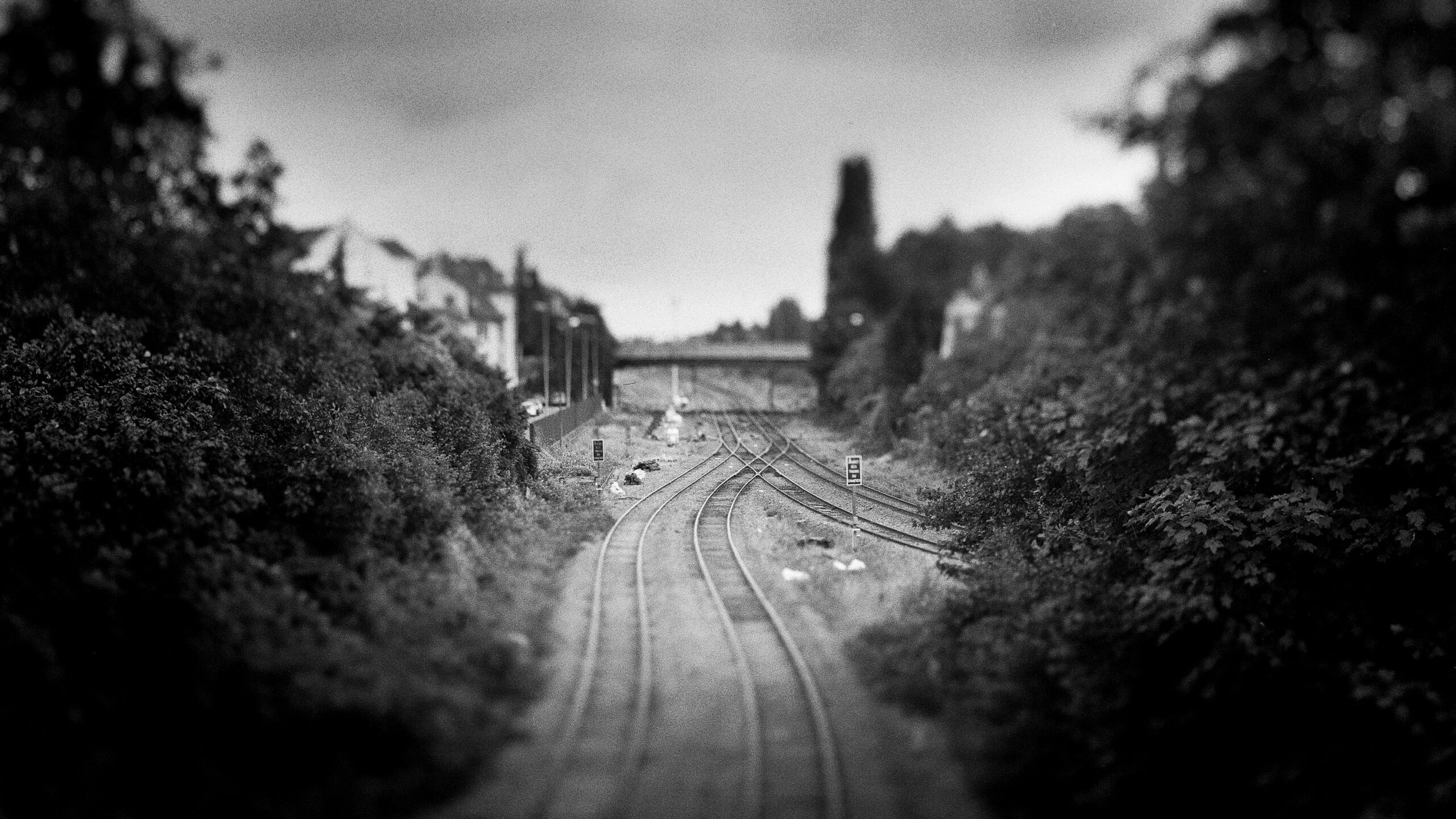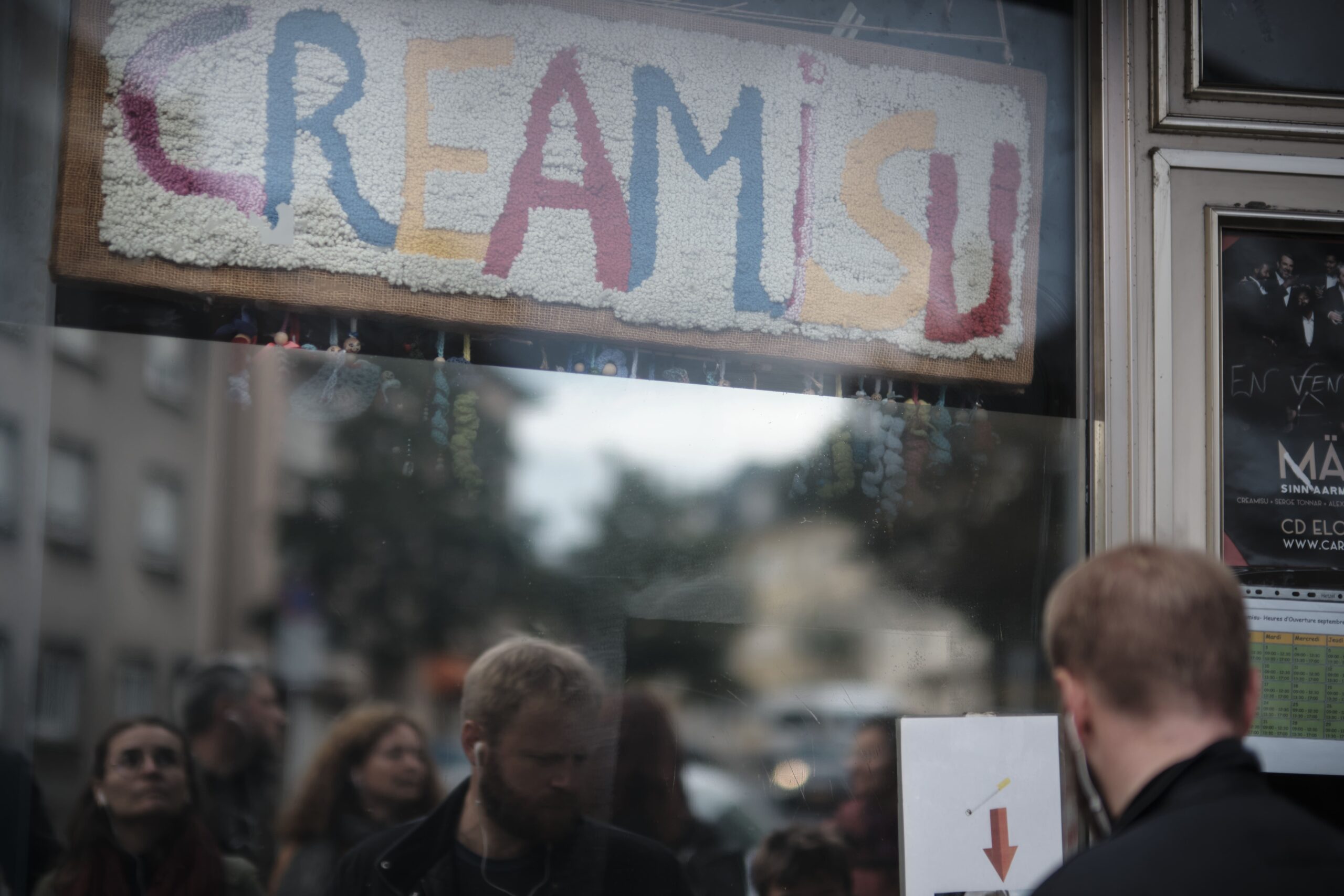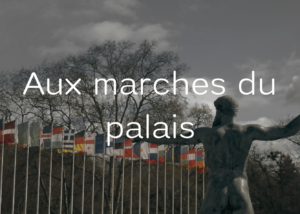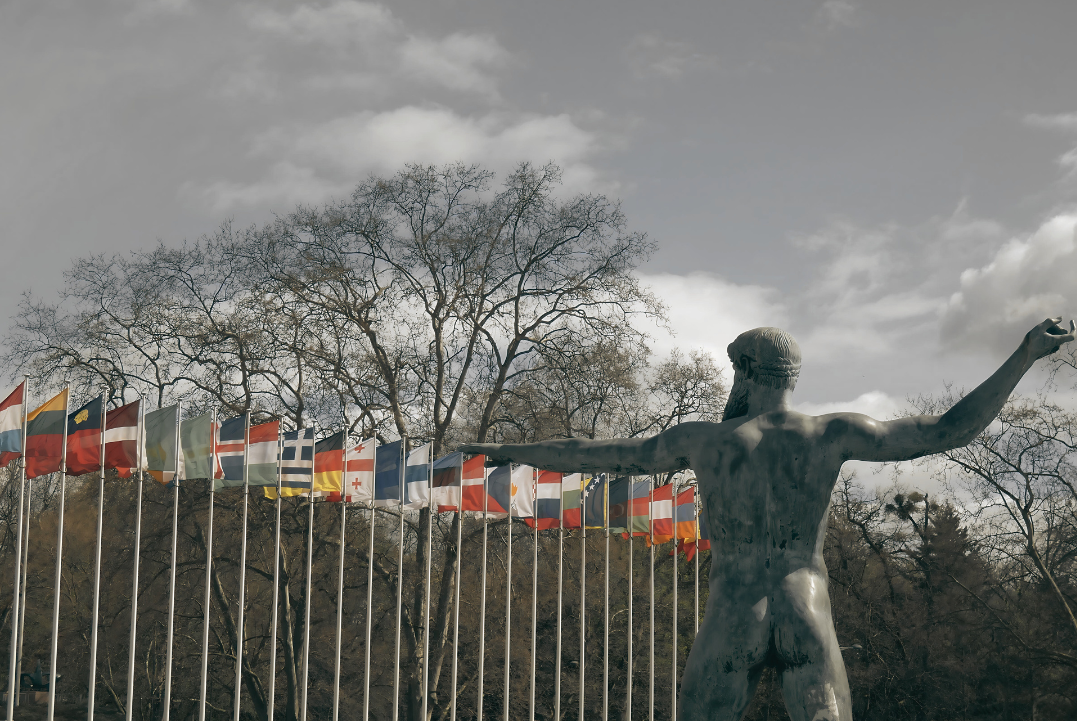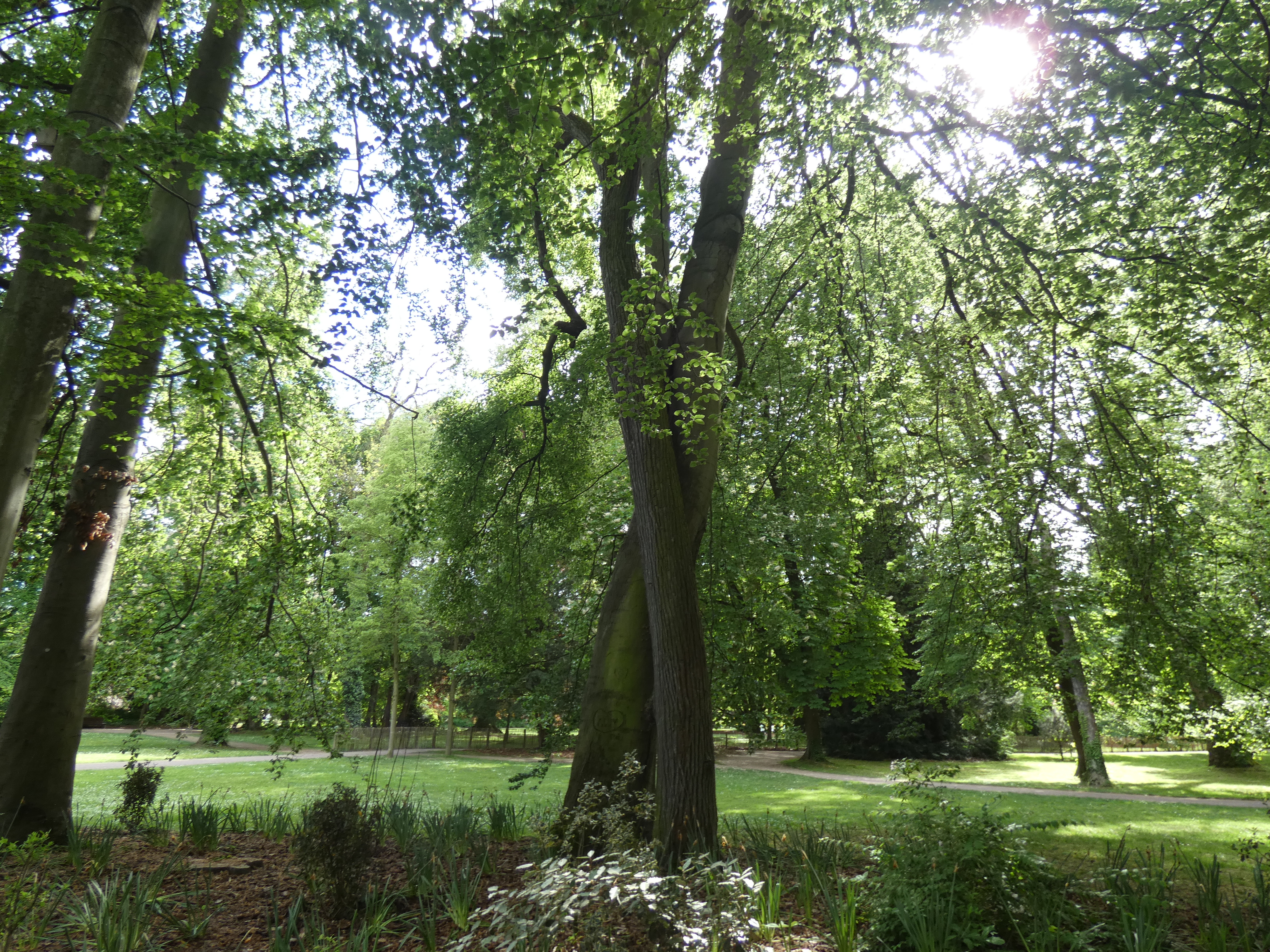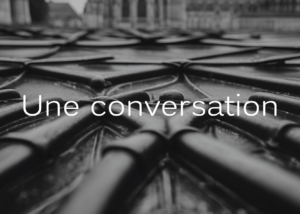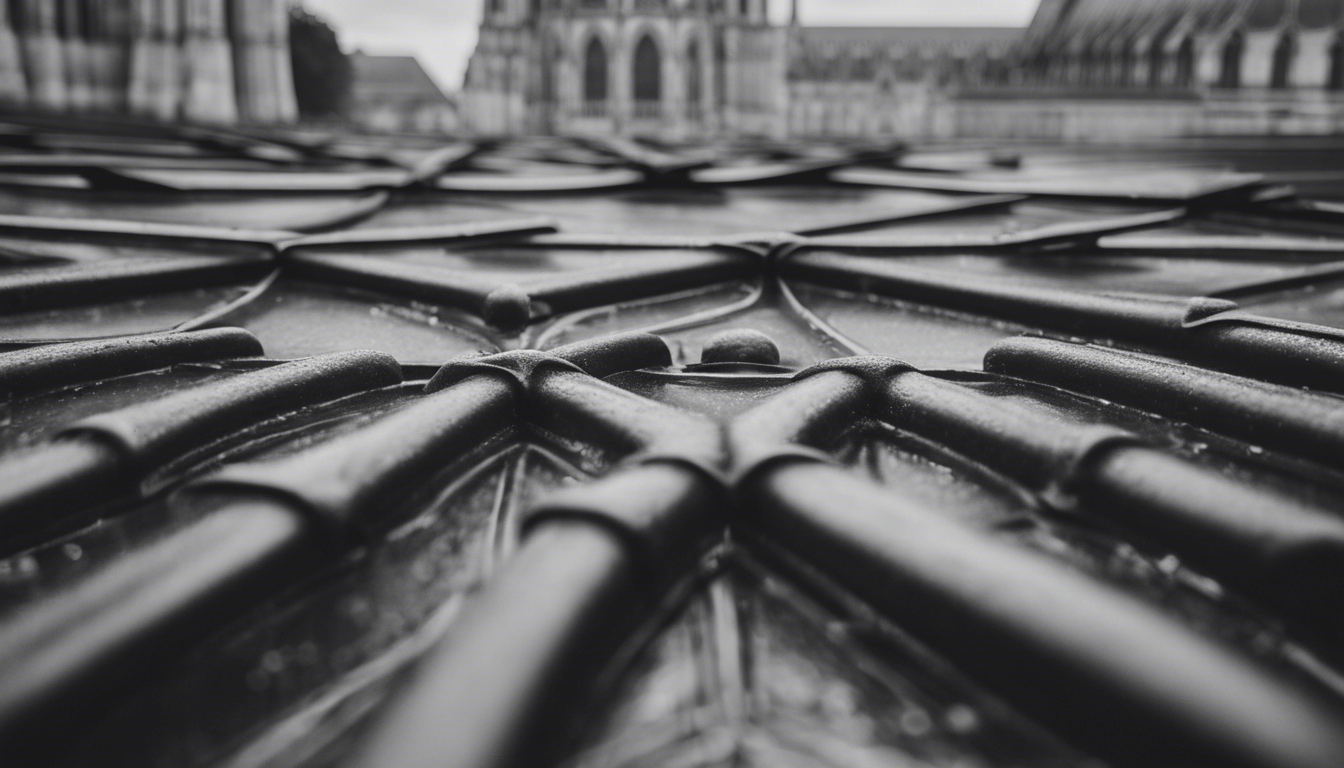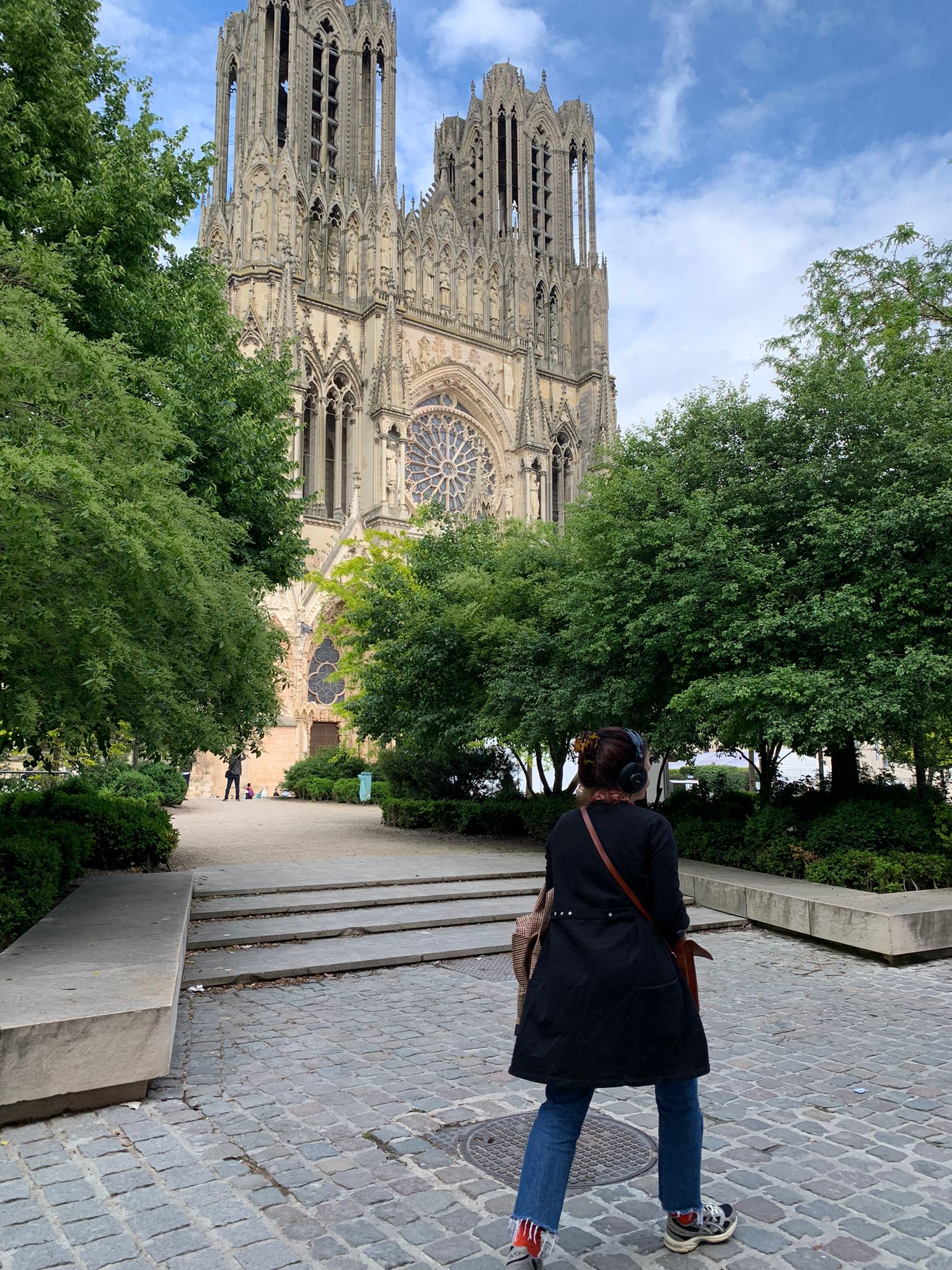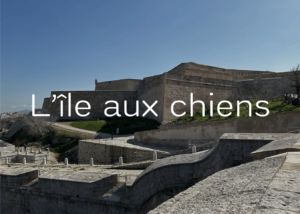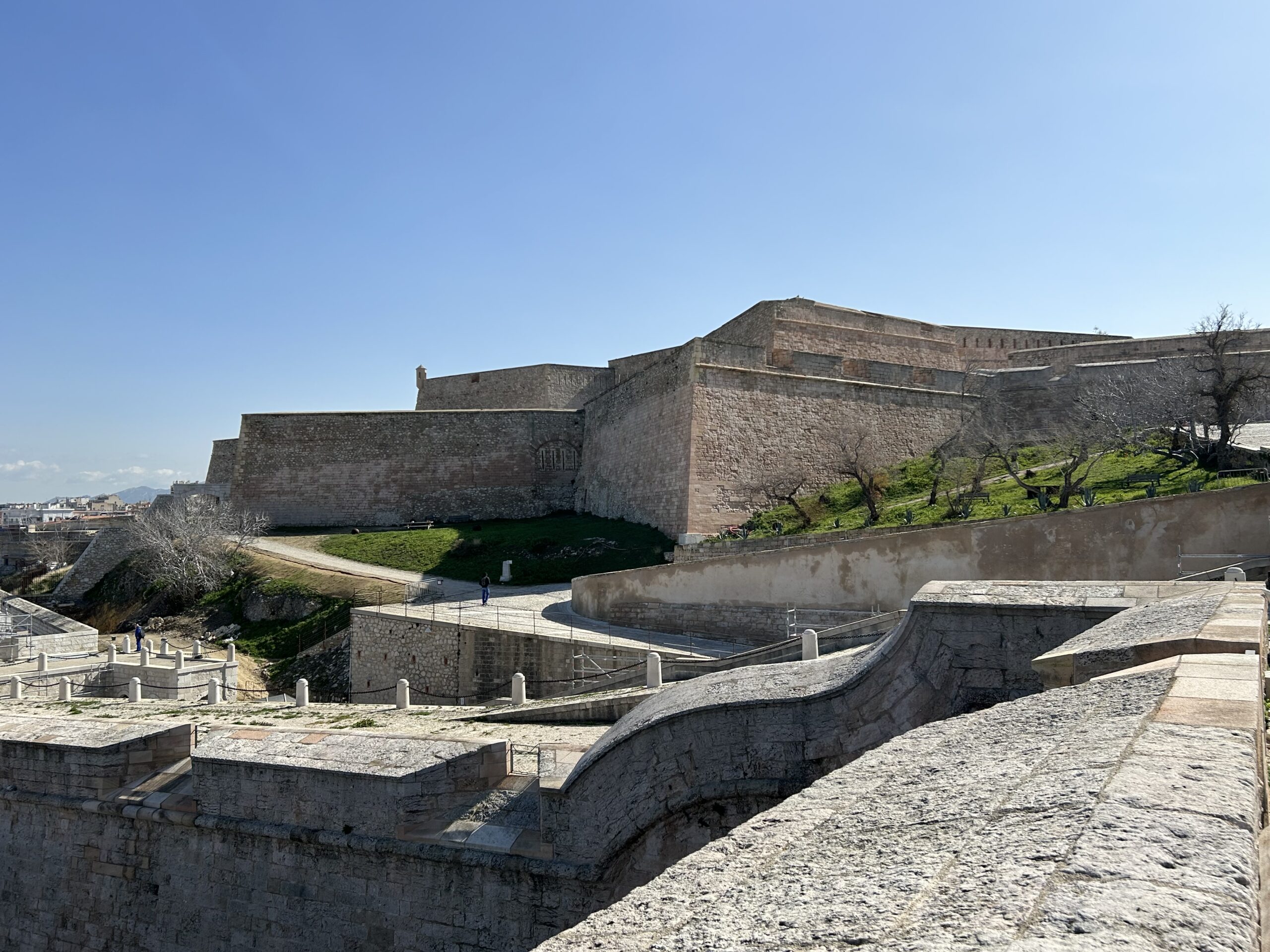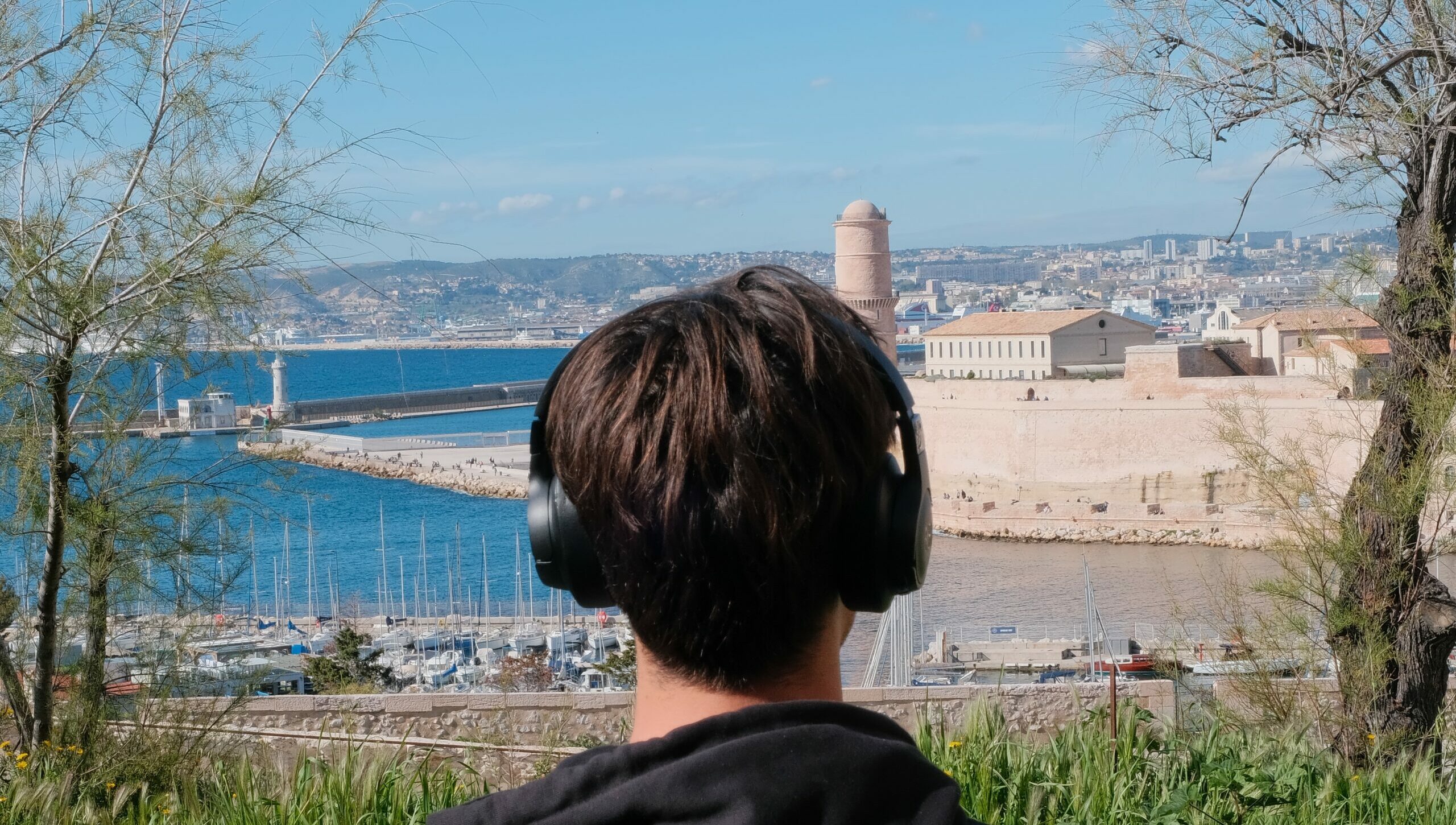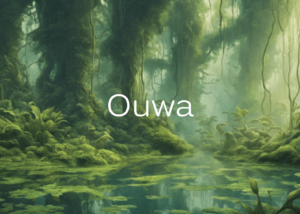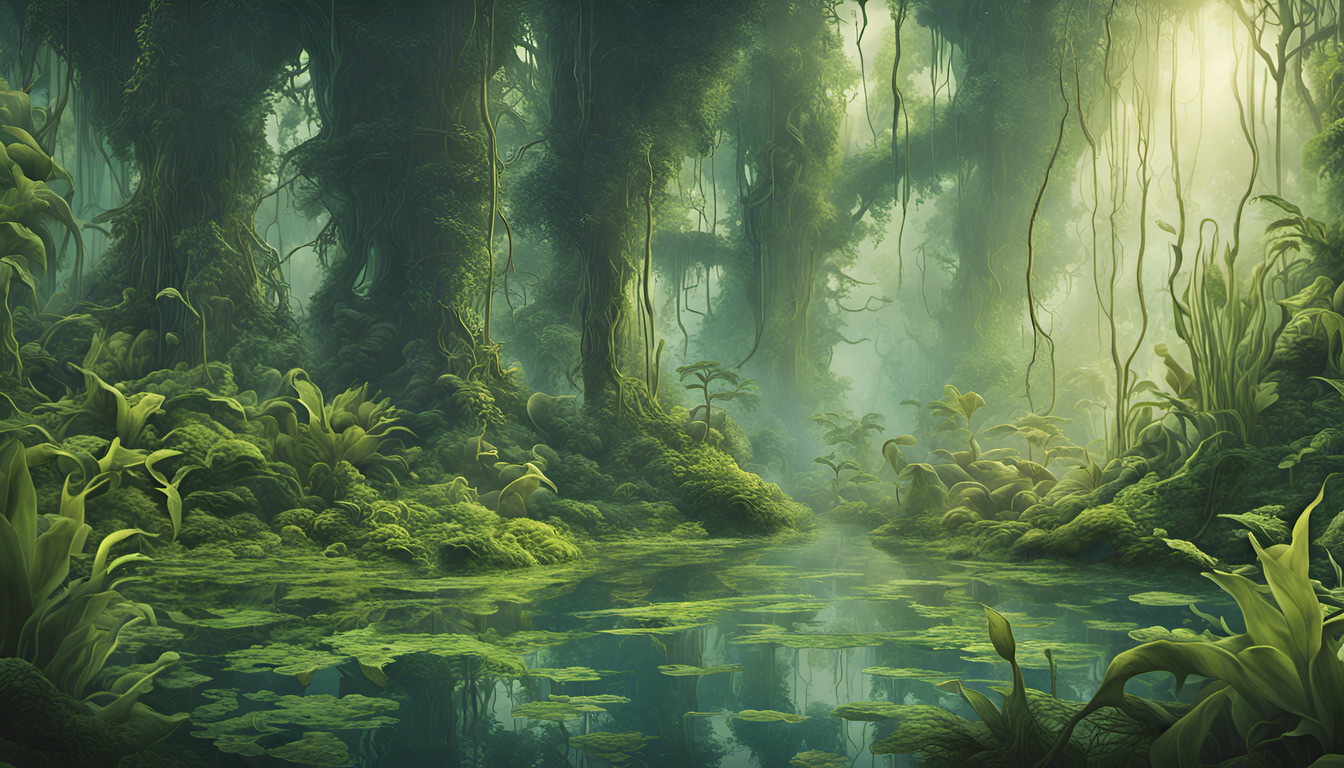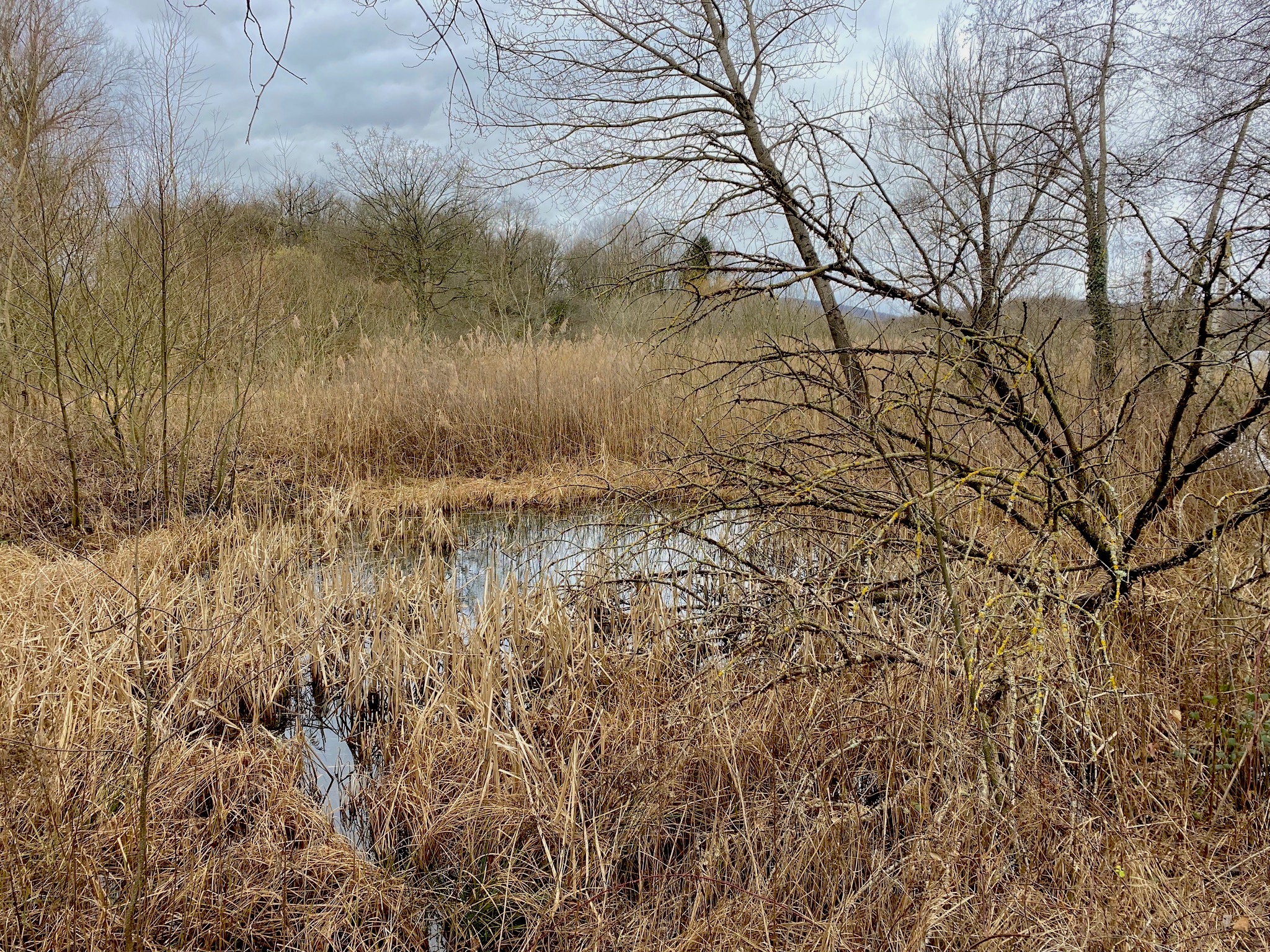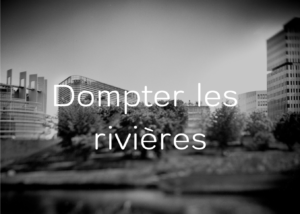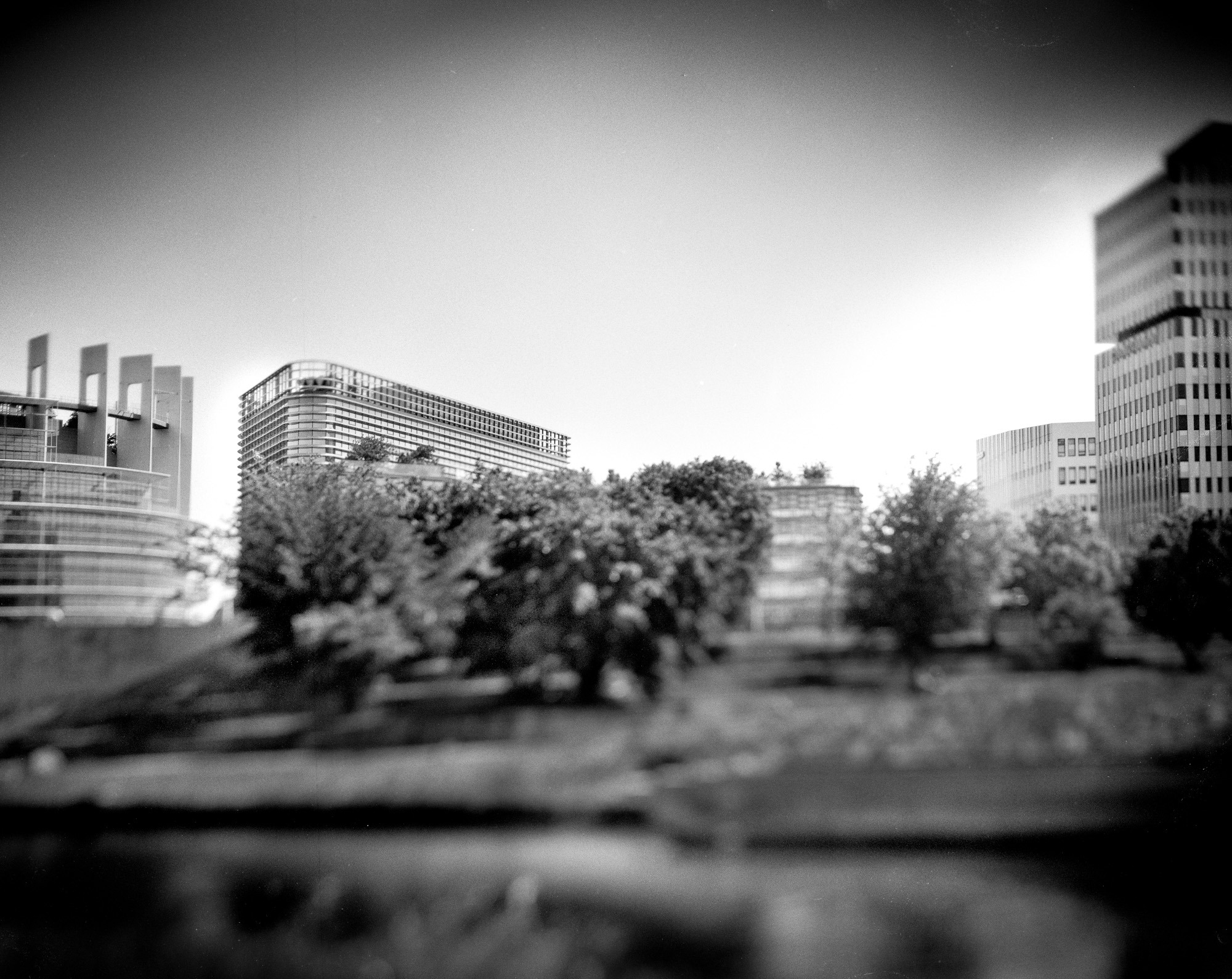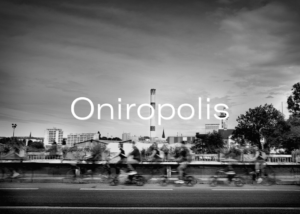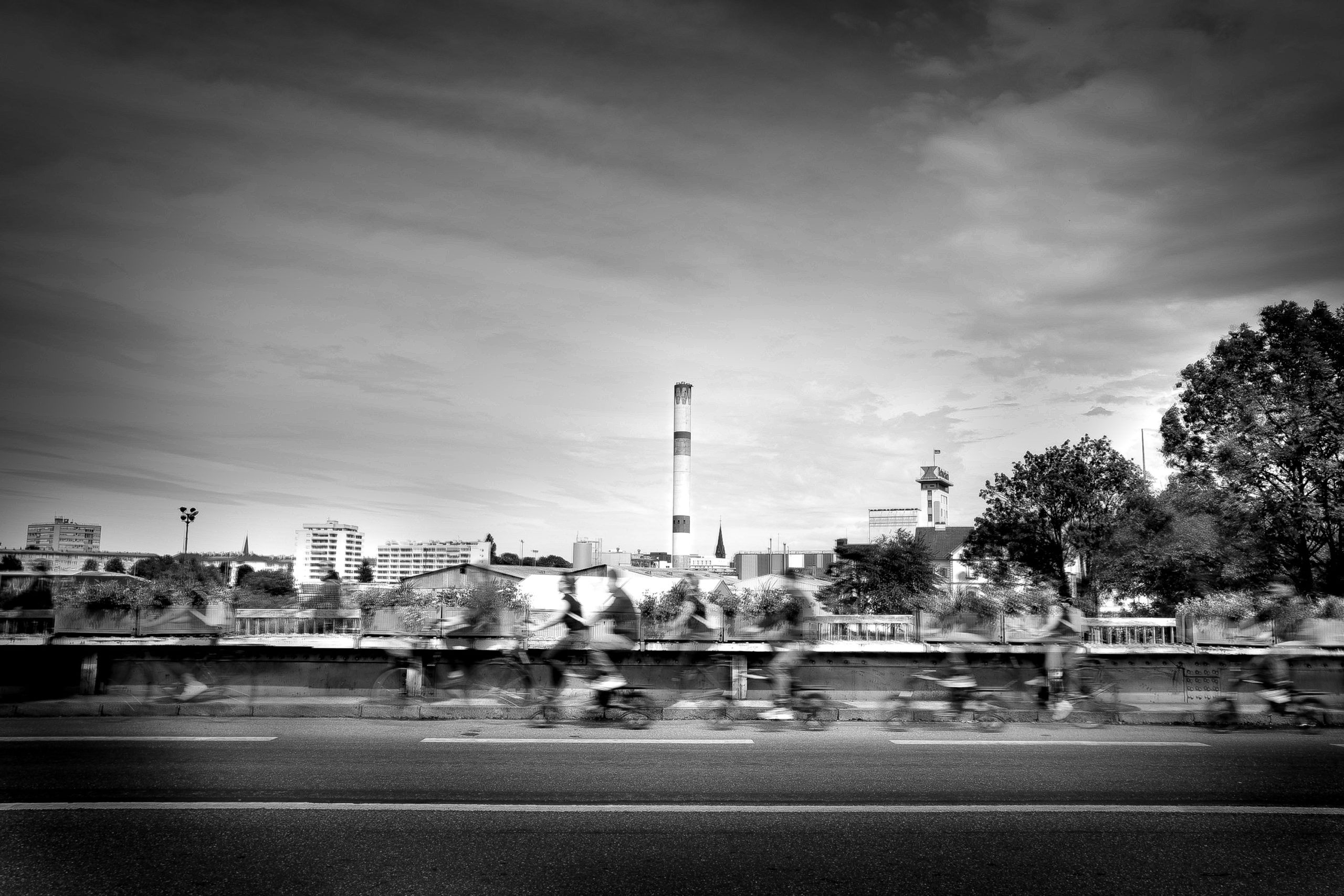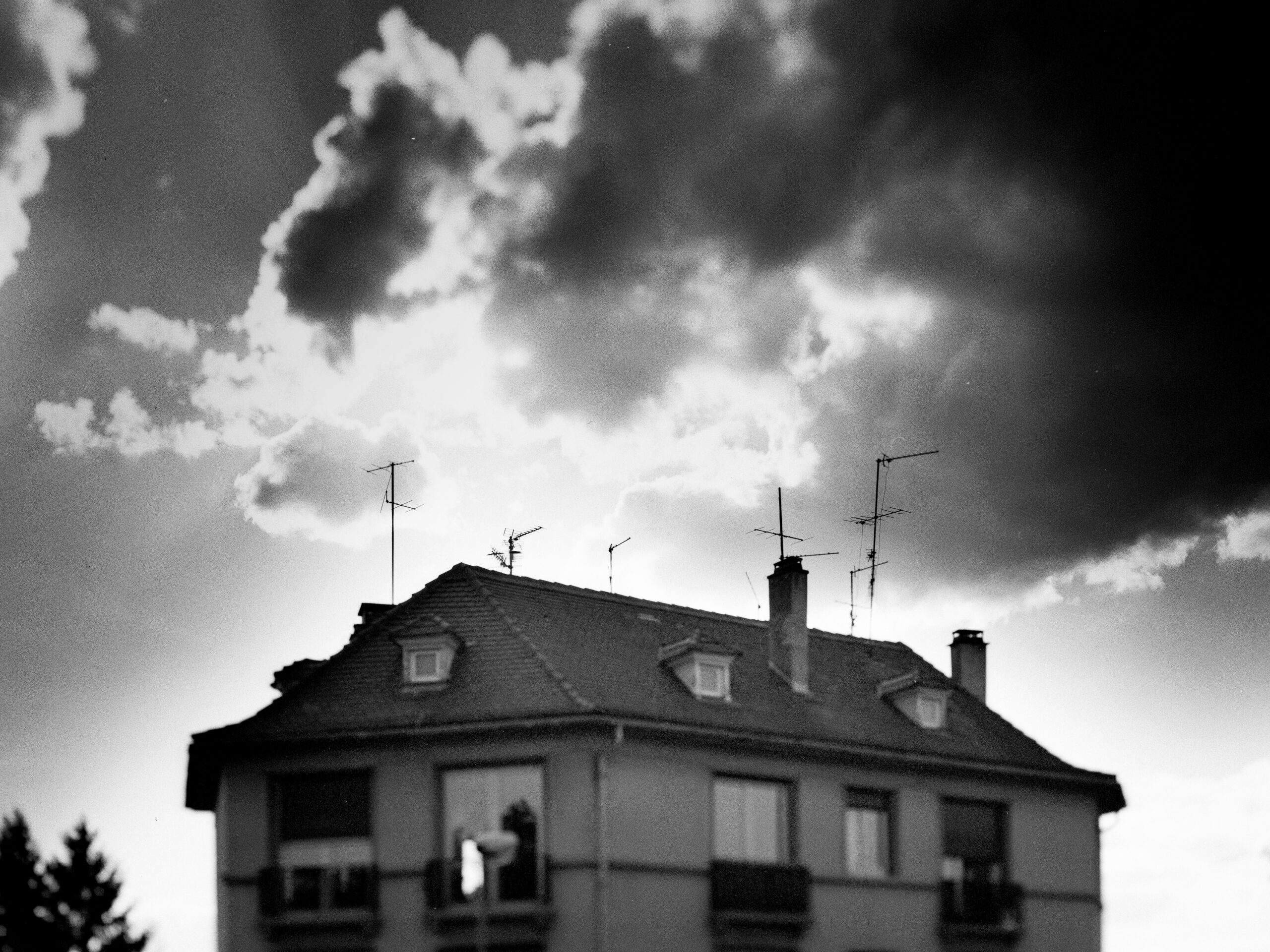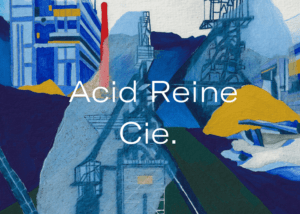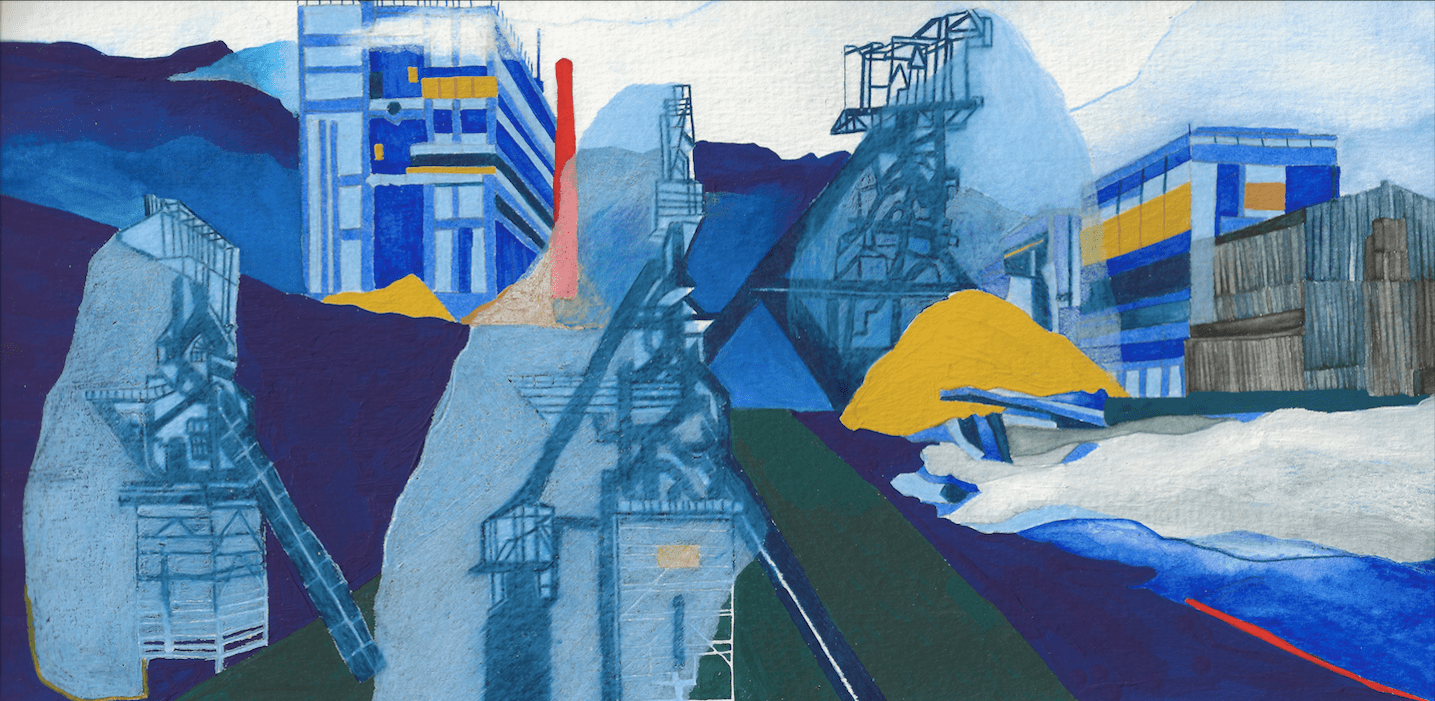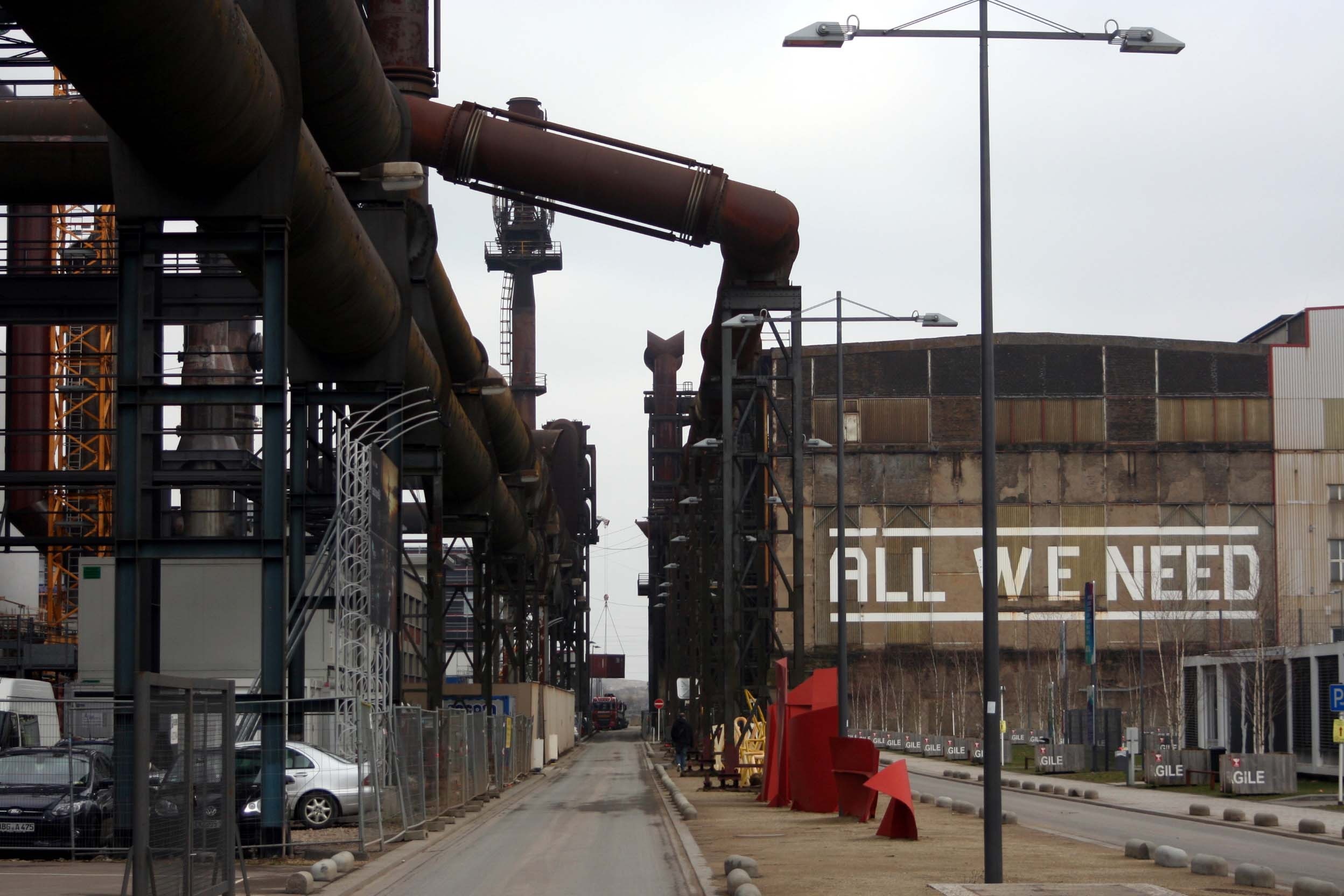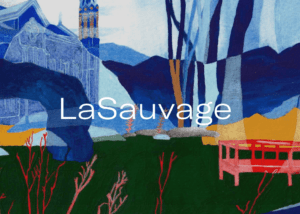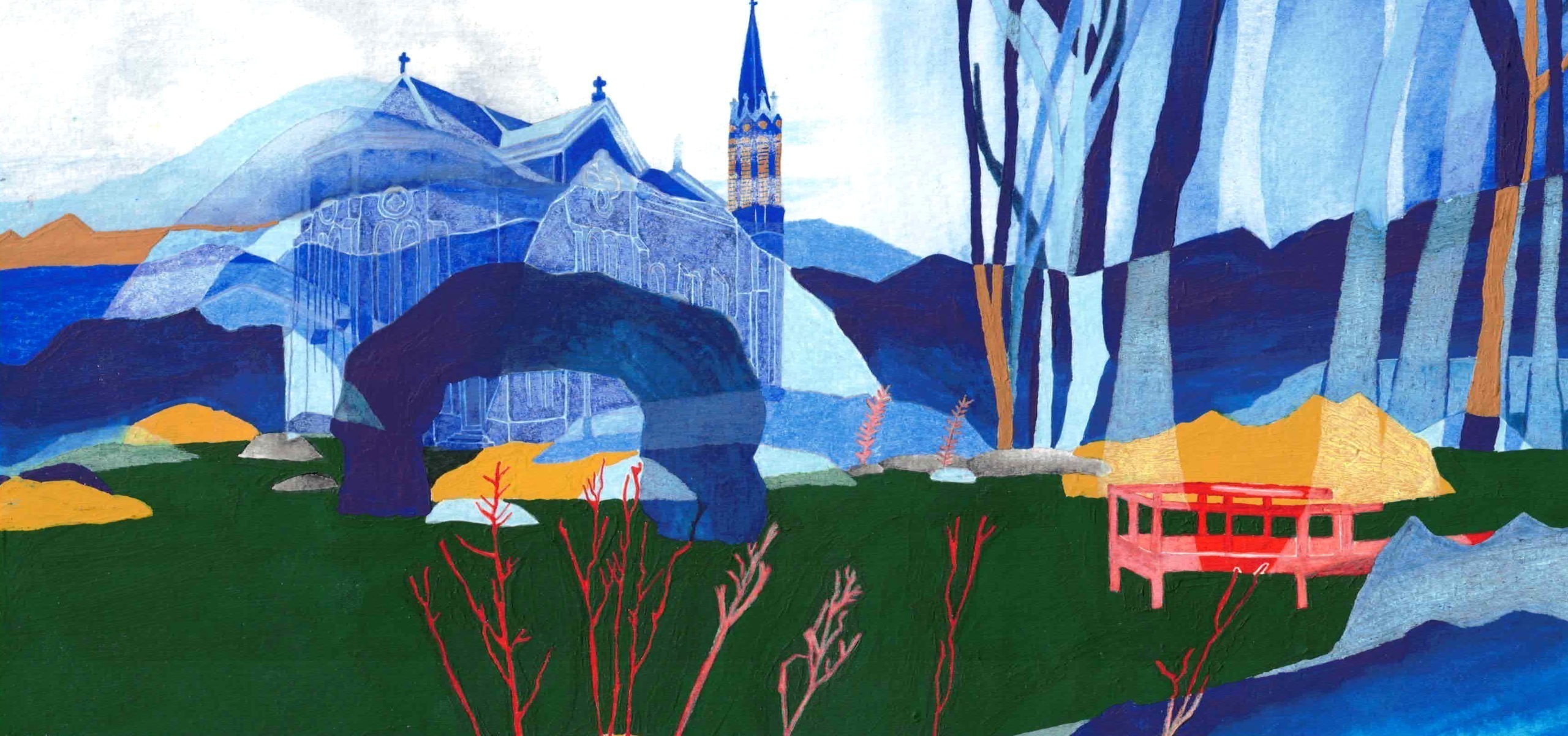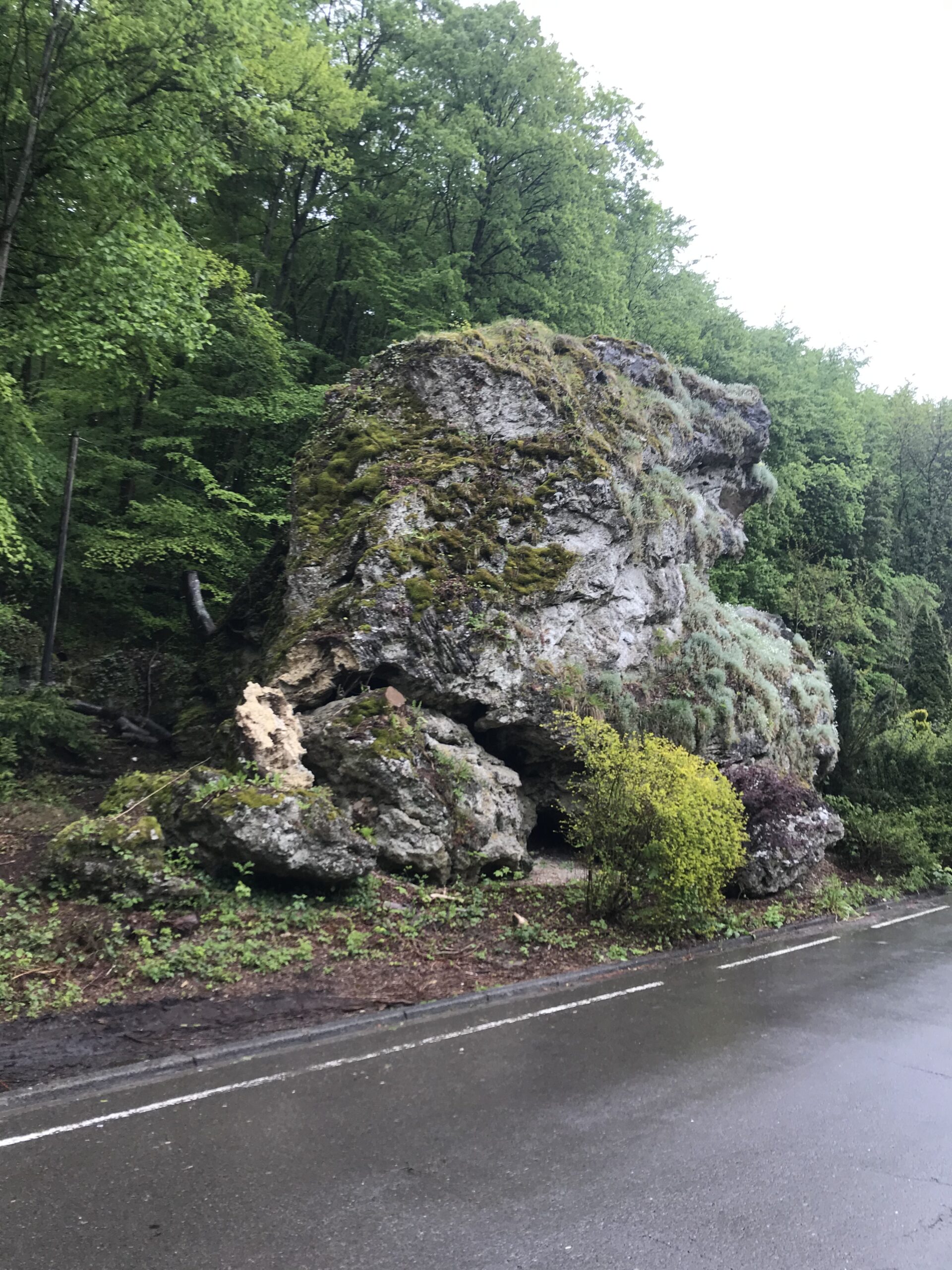Gaëtan Gromer, born in 1978, is a sound composer, artist and director who lives and works in Strasbourg. He is the artistic director of Les Ensembles 2.2. He regularly brings his work into conversation with other disciplines, and has notably worked with Maria La Ribot, Valérie Manteau, Hélène Gaudy, Etienne Fanteguzzi, Sebastian Dicenaire, Eve Risser, Lucie Taïeb, Clara Olivares, LNLO, Samuel et Léo Henry, luvan, Zahra Poonawala, Stéphane Perger, Espèce de collectif…
He regularly performs and exhibits in Strasbourg (Musica, Ososphère, ONR, TNS, PMC, Maillon, Pôle Sud, etc.), as well as at MAMCO (Geneva), CAC (Vilnius), CCAM (Vandoeuvre), Gymnase (Roubaix), Laboral (Gijon), Transient (Paris), Accès)s( (Pau), Lieu Multiple (Poitiers), Contemporary Art Biennale (Sélestat), Nuit Blanche (Brussels), Digital Life (Rome), Electric Nights (Athens)…
Eve Risser is a composer, pianist and improviser whose music is rooted equally in jazz, improvisation, the written tradition and contemporary music. After entering the jazz class at the Conservatoire National Supérieur de Musique et de Danse de Paris, she won a conservatory prize in 2008, as well as a soloist prize at the Concours National de Jazz de la Défense. In 2019, she created the Red Desert Orchestra, following a strong interest in Africa and a reflection on the place of the musician in Occident.
Antoine Spindler – Trained at the Strasbourg Conservatory in the classes of Ana Haas (violin) and Claude Ducroq (viola), as well as at the University of Strasbourg in musicology, Antoine Spindler has trained (Ircam, Fastlane, PML…) and specialized in electroacoustic and mixed music. He teaches in the Electroacoustic Creation and Interpretation class at the Conservatoire and L’Académie Supérieure de Musique-Hear in Strasbourg. He currently plays with the trio Jafta, with whom he released the album Traces, and with the duo Svië, with whom he created the album Port Data. His experiences have enabled him to collaborate with various ensembles and musicians (Linéa, Live Animated Orchestra, the Ethos quartet, Plurium, Clara Olivares, Eve Risser etc.) as well as with different authors (Hélène Gaudy, Jean Fauque, Valérie Manteau, Sébastien Dicenaire, Lucie Taïeb etc.).
Lucie Taïeb was born in Paris in 1977. She passed the German agrégation in 2002 and obtained a PhD in comparative literature in 2008. She is currently a lecturer in Germanic Studies at the University of Brest. Her writings span a range of genres, including poetry, novels and essays, and she regularly works with artists. Lucie Taïeb has published several collections of poetry, as well as two novels, both published by Éditions de l’Ogre. Her second novel, Les échappées, was awarded the Prix Wepler in 2019. She is also a translator, notably of Austrian poets including Ernst Jandl and Friederike Mayröcker.
